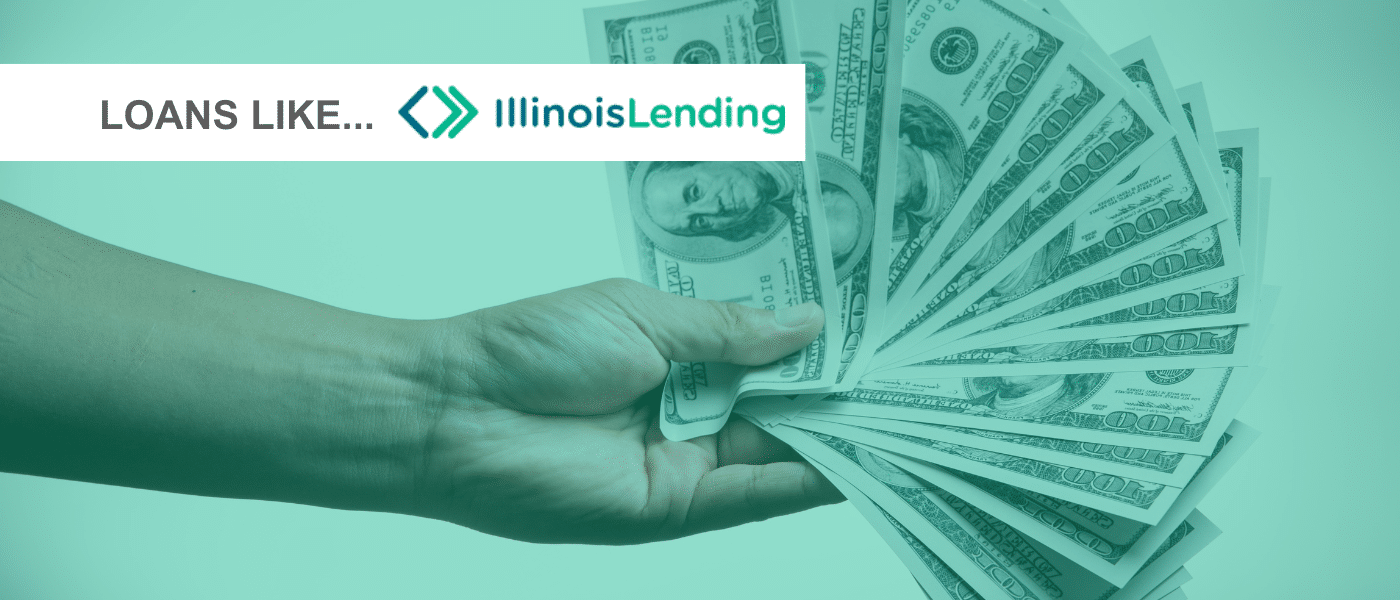A charge card is a line of credit that borrowers must pay off in full at the end of each billing cycle. Charge cards typically do not limit the account holder as to how much they may spend, as long as they pay off their balance in full when the billing cycle is over. Credit cards do give borrowers a limit as to how much they may spend within a given billing cycle, but they do not require borrowers to pay off the balance in full right away. Instead, credit cards act as a revolving line of credit where a borrower’s credit limit is renewed at the end of the billing period.
Here you’ll learn all about the differences and similarities between charge cards and credit cards. Once you have all the facts, you’ll be able to make more informed financial decisions regarding which financial product might be best for you!
What Are the Key Differences Between a Charge Card vs. Credit Card?
Before diving into applications for charge cards or credit cards, it’s essential to understand the key differences.
Minimum Payment Requirements
Borrowers who use a charge card must pay off their balance completely at the end of each month. Credit card issuers allow borrowers to pay back their balance over time in minimum monthly payments.
Qualification Standards
Usually, borrowers must have excellent credit in order to get approved for a charge card. Alternatively, many credit cards have more flexibility regarding a borrower’s credit history.
Fees
Both charge cards and credit cards can come with additional fees; for example, both charge cards and credit cards may charge an annual fee.
However, other fees associated with these two products can vary. To start, charge cards will require borrowers to pay late payment fees if they do not pay off their entire balance in full at the end of the month. Credit cards, on the other hand, will only charge a late fee if a borrower fails to make a minimum payment for a given billing cycle.
Unfortunately, if a borrower accrues too many late fees for either a charge card or a credit card, they run the risk of having their debt sent to a collection agency.
Credit Limit
Credit cards have preset spending limits that borrowers have access to. Once borrowers reach that spending limit, they will have to wait until their next billing cycle to regain the ability to make purchases using their credit.
Charge cards do not have a preset spending limit. But this doesn’t mean borrowers have unlimited spending abilities when they have a charge card. Issuers have the right to restrict borrower access to credit if they see the borrower is abusing their charge card privileges.
Financial Products Available
Currently, American Express is the major issuer of charge cards. They offer charge products such as:
- The American Express Green Card
- The American Express Gold Card.
- The Platinum Card from American Express
Unless you are able to get approved for one of these American Express products, you may have a difficult time finding access to charge card credit.
Credit cards have many more options when it comes to the kinds of cards that are available to consumers. Most major banks and financial institutions offer a credit card product.
A Breakdown of Charge Cards vs. Credit Cards
| Feature/Aspect | Charge Cards | Credit Cards |
| Grace Period | Shorter grace periods, requiring quick payment after billing. | Longer grace periods allow more time before interest accrues. |
| Application Process | Often more rigorous, requiring higher credit scores. | More varied, with options for lower credit scores. |
| Card Acceptance | Might be less widely accepted due to fewer issuers. | Widely accepted globally due to numerous issuers. |
| Rewards and Benefits Focus | Often focused on travel and luxury benefits. | Diverse, ranging from cash back to travel rewards. |
| Credit Building | Can be beneficial but less impactful due to no preset limit. | More traditional route for credit building due to reporting. |
| Customer Service | Might offer more premium or personalized services. | Varies, but generally standard customer service. |
| Introductory Offers | Less common, focused on premium benefits. | Common, including 0% APR periods and sign-up bonuses. |
| Balance Transfer Options | Rarely an option. | Commonly offered with promotional rates. |
| Cash Back Opportunities | Less common, more focus on rewards points. | Common, with various categories for earning cash back. |
| Emergency Assistance | Might offer premium global assistance services. | Standard services may not be as comprehensive. |
Pros and Cons of Credit Card vs. Charge Card
Now you know the difference between credit cards and charge cards, but how do you know which financial product is better for you? Below are some details on the potential benefits and risk factors you may come across with credit and charge cards.
PRO: Credit Cards Give Borrowers More Time To Pay
Instead of forcing borrowers to pay off their balance in full each month, issuers only require monthly minimum payments so borrowers can pay off their credit card balance over time.
However, credit card borrowers must pay interest charges when they carry a balance. Interest rates for credit cards can vary based on credit reports, credit scores, and other factors related to a borrower’s overall credit history. If you let your card balance get too high, these interest charges can make clearing credit card debt extremely difficult.
PRO: Credit Cards May Have More Flexible Credit Score Requirements
Credit cards can be more inclusive when it comes to the credit history of the borrowers that lenders accept. People who have low credit scores, and sometimes even no credit at all, are usually able to qualify for some kind of credit product.
CON: Credit Cards Have a Preset Spending Limit
Credit cards have preset credit limits, meaning borrowers are restricted as to how much credit is available to them to make purchases with each month. Once a borrower spends up to their credit limit, they will have to either pay off part of their balance for that billing cycle or wait until their spending limit renews.
PRO: Charge Cards Have a Flexible Spending Limit
The major benefit borrowers can enjoy with charge cards is the flexibility they have with spending limits. Since there is no official preset spending limit, borrowers can use their charge card to pay for both large and small purchases, depending on their needs that month.
CON: Borrowers Must Pay Their Charge Card Balance in Full at the End of Each Month
Charge cards may be a bit inconvenient when considering the fact that borrowers must clear their balance completely each month. Borrowers who do not pay off their balance are subject to late fees and potentially other additional charges.
CON: High Credit Scores Considered for Charge Cards
Charge cards can be considered a risky product for lenders because it gives a lot of financial freedom to borrowers. Since there is no preset credit limit, charge card issuers don’t really know how much a borrower is going to spend within a given month. Since there is a significant factor of unpredictability with charge cards, lenders usually only work with people who have higher credit scores.
Alternatives To Charge Cards and Credit Cards
What if you have come to the conclusion that neither a traditional credit card nor a charge card is the right choice for you? Don’t worry; there are still other financial products you can consider!
Secured Credit Card
A secured credit card is a particular type of credit card where borrowers essentially prepay their credit limit. Secured cards are great for people who are new to finances and don’t want to accumulate a massive amount of credit card debt.
Balance Transfers
A balance transfer credit card is another option for people looking to reduce their credit card debt. Balance transfer cards allow consumers to consolidate credit card debt and potentially get paired with better rates and terms.
Business Card
Borrowers who are looking to make purchases for their business may consider getting a business credit card. Everyone from business owners, entrepreneurs, self-employed individuals, to people who work remotely can utilize business credit cards.
Personal Loans
Instead of setting up a credit account for yourself, consider getting a one-time personal loan. Personal loans are a type of funding available to borrowers looking for one lump sum they can pay back in manageable monthly payments.
People with poor credit, no credit, or even past bankruptcy have access to personal loan products. There are even poor credit loans that are designed to help people boost their credit.
Unlike charge cards and credit cards, borrowing money with personal loans doesn’t come with annual fees.
How Do Charge Cards vs. Credit Cards Affect Credit Scores?
If you are looking to maintain healthy credit or improve a bad credit score, it’s essential to understand how charge cards and credit cards can affect your credit report and credit score.
Credit Inquiries
Each time you apply for a charge card or credit card, a hard inquiry goes on your credit record. While a single hard credit inquiry may not affect your score too much, maybe just five points or so, multiple hard inquiries within a short period of time may act as a red flag to lenders and prevent them from granting you credit approval in the future.
Payment History
Payment history is one of the most important details credit bureaus look at when determining creditworthiness. People who consistently make on-time payments have the opportunity to build credit over time with charge cards and credit cards.
Debt-to-Income Ratio
Credit utilization refers to how much of a borrower’s available credit they are currently using. For example, if someone has a card with a spending limit of $1,000 and they had a $500 balance, their credit utilization ratio would be 50%.
FAQ: Traditional Credit Cards vs. Charge Cards
Annual fees are additional charges that cardholders must pay, usually once a year, for having the card. The impact of these fees varies, and it’s essential to consider whether the benefits of the card outweigh the annual fee.
Yes, both charge cards and typical credit cards allow cash advances, but they usually come with cash advance fees and higher interest rates, making them costly options for accessing cash.
A typical card for credit comes with preset spending limits, which is the maximum amount you can borrow. In contrast, charge cards offer more spending flexibility without a defined limit, allowing for larger purchases.
A preset credit limit on cards contributes to your credit utilization ratio, impacting your credit score. Charge cards, without fixed limits, may not influence this ratio in the same way, potentially affecting your credit score differently.
Yes, due to the lack of a preset spending limit on charge cards, the approval process might be stricter, requiring applicants to have a higher credit score compared to the more lenient requirements of a typical card for credit
Charge cards usually require full payment of the balance monthly, often avoiding interest charges, while cards with preset credit limits can carry balances with applied interest charges, increasing the cost of borrowing.
Both card types may charge foreign transaction fees when used internationally. It’s essential to review the card’s terms to understand the costs involved in foreign transactions and choose a card that suits your travel needs.
Both card types often come with reward programs, but the specifics can vary. Charge cards might offer more premium or travel-focused rewards, while typical cards might offer cash back or various other reward types.
Both card types generally offer fraud protection to safeguard against unauthorized transactions. However, the terms and coverage might vary, and it’s advisable to review the card’s policies to understand the protections in place.
A Word From CreditNinja on a Charge Card vs. Credit Card
Charge cards and credit cards are both ways borrowers can make instant purchases using credit. While these products have distinct differences, they both have qualities that borrowers can take advantage of depending on their circumstances.
According to CNBC, the average American has four credit cards.1 But, are they always the best decision? Before turning to a charge card or credit card, CreditNinja suggests you consider alternative options such as:
- Using funds from a savings account
- Reviewing your budget to see if there are financial habits you can change to free up funds
- Asking a trusted friend of family member for a small loan
Be sure to check out the CreditNinja dojo for more free financial resources, articles, and other information about online loans!
References:
1. How many credit cards does the average American have? | CNBC
2. Charge Card Vs. Credit Card: What’s The Difference? | Forbes Advisor
3. Charge Card vs. Credit Card: What’s the Difference? | Credit Karma






